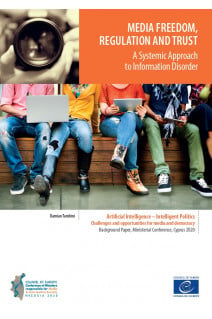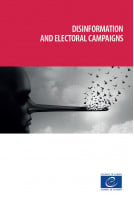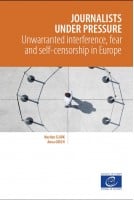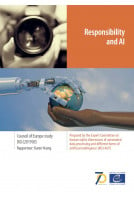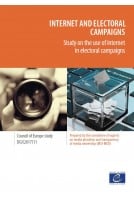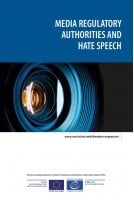Could the fundamental reforms of media governance discussed in Council of Europe member states turn out to be worse than the problems encountered, such as online disinformation, hate speech and electoral interference?
Our states are undergoing unprecedented levels of media change, with a shift of media consumption from traditional to digital channels and especially onto online platforms. This has had major implications for the complex system of media funding, ethics and regulation. The media sector is faced with major financial difficulties and decline of trust. Not surprising, as consuming news and information on social media involves challenges ranging from a lack of factchecking, confusion about news sources to online disinformation, hateful rhetoric and electoral manipulation.
In response to these problems, reforms of media legislation and policies are being discussed across Europe, including codes of conduct, changes in the liability of online platforms and new offences of electoral manipulation. Such reforms, while necessary, need to be implemented with due consideration for human rights, democracy and the rule of law. Accordingly, the principles of media freedom and independence should be reiterated. The Council of Europe should take a proactive role in ensuring that new frameworks for self- and coregulation promote rather than undermine democracy and human rights and that their standards are properly updated to reflect contemporary challenges.
(Artificial Intelligence – Intelligent Politics
Challenges and opportunities for media and democracy
Background Paper, Ministerial Conference, Cyprus 2020)
SUMMARY 1. INTRODUCTION AND OVERVIEW 2. TRUST IN THE MEDIA
a.Why trust matters
b. Decline of trust
3. MEDIA CHANGE AND TRUST
a. Media change 1987-2019
b. The symptoms and possible responses to the paradigm shift
c. Possible regulatory responses
4. THE RUSH TO MEDIA REFORM
a. Responses of media industries: self-regulation, fact-checking, moderation and trust signalling
b. Responses of policymakers
5. THE DANGER OF OVERREACTION AND ‘KNEE-JERK’ REGULATORY RESPONSES
a. Updating principles of communication governance
b. Principles and objectives of reform
c. Liability
d. Structural interventions
6. CONCLUSION: COUNCIL OF EUROPE STANDARDS REFERENCES
